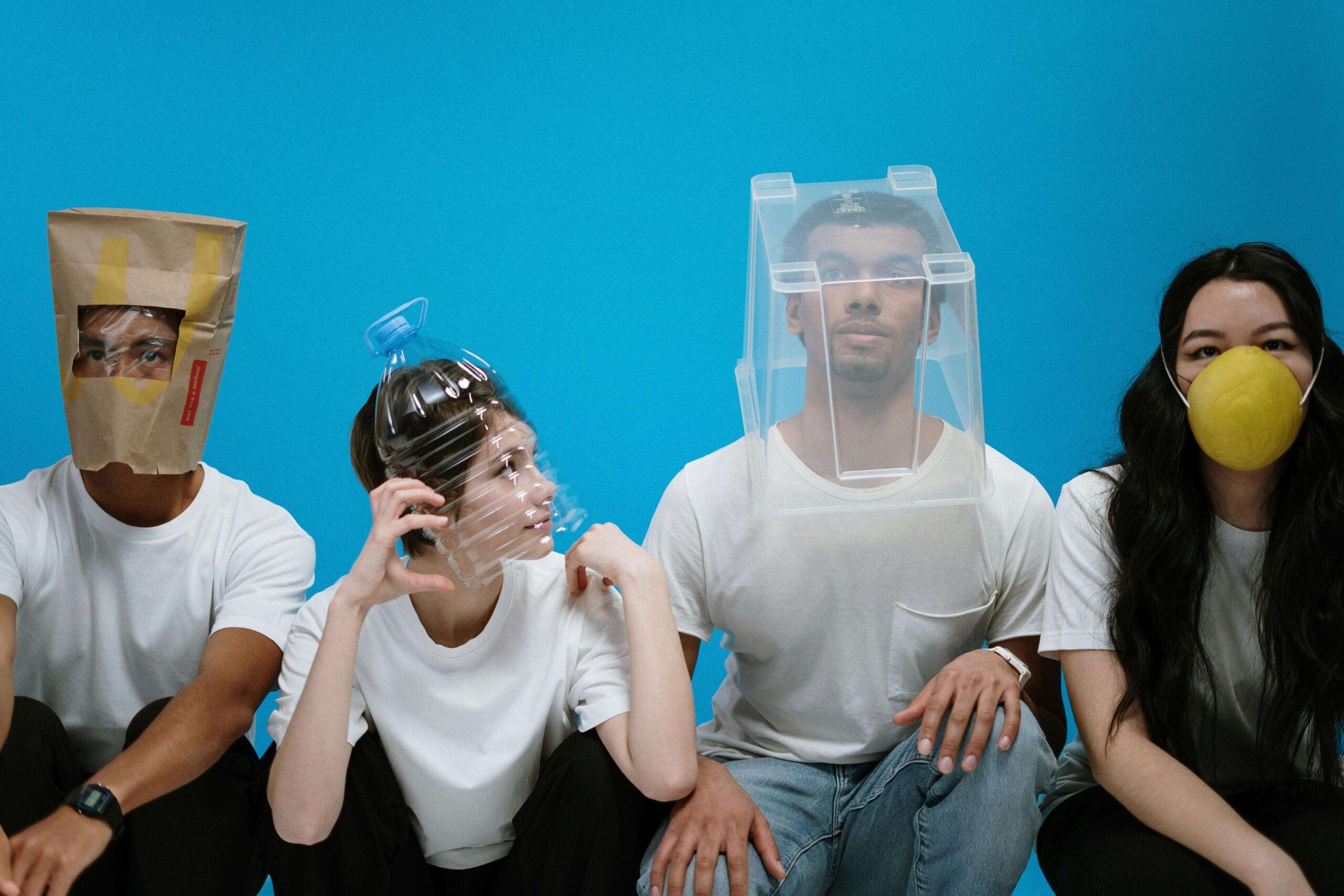The reason you are breathing so shallowly, could anxiety be behind it? Shortness of breath and other symptoms…
If you’ve ever wondered why your breathing feels so shallow, anxiety might be the reason. Your chest feels heavy as if you had a rope around it. Sometimes you seem to need a big yawn to recuperate your footing. You start imagining simpler times and wondering where things went wrong, and as you get more anxious, you have more trouble breathing!
Although all of this can feel relatable it could also be a simple flu or cold, and that is exactly why you should pay…
Attention!
The more you become aware of the symptoms of anxiety, the worse and more apparent they may seem. That is why you hear the phrase “Stop thinking so much”, so often. This is because the less you think about yourself, the smaller your problems will become (like… trouble breathing). Whereas if you start feeling self-conscious and only able to think about yourself you lose track of reality and fall into a state of pure panic.
Imagine this, you are playing football with your team, it is the city finals and you are down by 1 goal. All game you have been playing perfectly as if you always knew exactly what to do even before you needed to think about it. Suddenly you have a free kick, you have scored hundreds of these in the past and you are known for your great skills. when you are focusing on where to shoot, there is a little voice in your head pops up and says…”if you miss the whole team and the audience will hate you, you will never be the same and lose all the reputation you have gained until now…”. This is what a lot of the times happens when you become self conscious, or even anxiety conscious.
What you need to know when having trouble breathing:
1. Upper Chest Breathing:
Anxiety often leads to shallow breathing, where you only breathe into the upper part of your chest. This breathing pattern reduces the amount of oxygen that enters your lungs, leading to a sensation of shortness of breath and lack of attention/concentration.
2. Hyperventilation
In stressful situations (which can lead to panic attacks), people often start breathing more rapidly, which can lead to hyperventilation. This increase in breathing rate can cause an increase in carbon dioxide levels in the blood, resulting in dizziness, tingling, and a sense of breathlessness. (The opposite is the reason why you get a “high” when inhaling oxygen.)
3. Muscle Tension
Anxiety can cause tension in various muscle groups, including the muscles around the chest. This tension can make it difficult to take deep breaths, contributing to shortness of breath.
The main issue behind it.
The main psychological issue associated with anxiety and shortness of breath is that it creates more stress. Interestingly enough this is but a symptom of the core problem itself. Therefore it is of little help to treat it on its own.
As a symptom, it can still be very impactful on your health. In the past, I have dealt with it myself. It even got to a point where, in rather stressful situations, I would stop breathing for a few seconds. It makes it difficult for you to think since your brain is not getting enough oxygen, which contributes to a more tiresome lifestyle.
This form of breathing not only reduces the amount of oxygen entering the body but can also lead to other problems, such as poor sleep quality and excessive fatigue. In prolonged stress situations, this inadequate breathing can even contribute to sleep apnea. And even though no one has ever died from shallow breathing, in an intense situation you can pass out from hyperventilating.
Anxiety is not unbeatable. What can you do?
1. Practice Mindful Breathing
Deep breathing techniques, such as “breathing into your belly,” can help reverse the shallow breathing pattern. This involves focusing the breath into the abdomen rather than the chest, promoting fuller and more relaxed breathing. As you “re-learn” how to breathe, your body will naturally follow your lead and know exactly what to do in such circumstances. (Vipassana Breathwork).
2. Stretching and Bioenergetics
Practicing stretches and bioenergetic exercises can help release muscle tension, particularly in the chest area, making it easier to breathe deeply. A 5-minute bioenergetics routine before bed can get you from a tense and frigid individual to a sound sleeper with lungs of steel.
3. Know Thyself.
I’ll just throw it out there: perhaps the reason why the number of teens with anxiety has risen is because we are more distracted than ever. Whenever we start to feel anxious, we just look at our phones. I challenge you today to look at yourself. Stop and take a moment to look around now and then. Who knows, if you get to know yourself a bit more, maybe you’ll start to understand the core of the problem.
Bringing in the big guns.
While self-help techniques like mindful breathing and relaxation exercises can be effective, there are times when additional support is necessary.
can be a powerful tool, providing a supportive environment where individuals can share their experiences and learn from others who are going through similar struggles. It can help reduce feelings of isolation and provide practical coping strategies.
When anxiety becomes overwhelming, psychiatry may be the next step. A psychiatrist can offer a comprehensive approach, including medication if necessary, to help manage severe symptoms. This combination of therapy and medical treatment can address both the psychological and physiological aspects of anxiety, offering a more holistic approach to recovery.

Leave a Reply